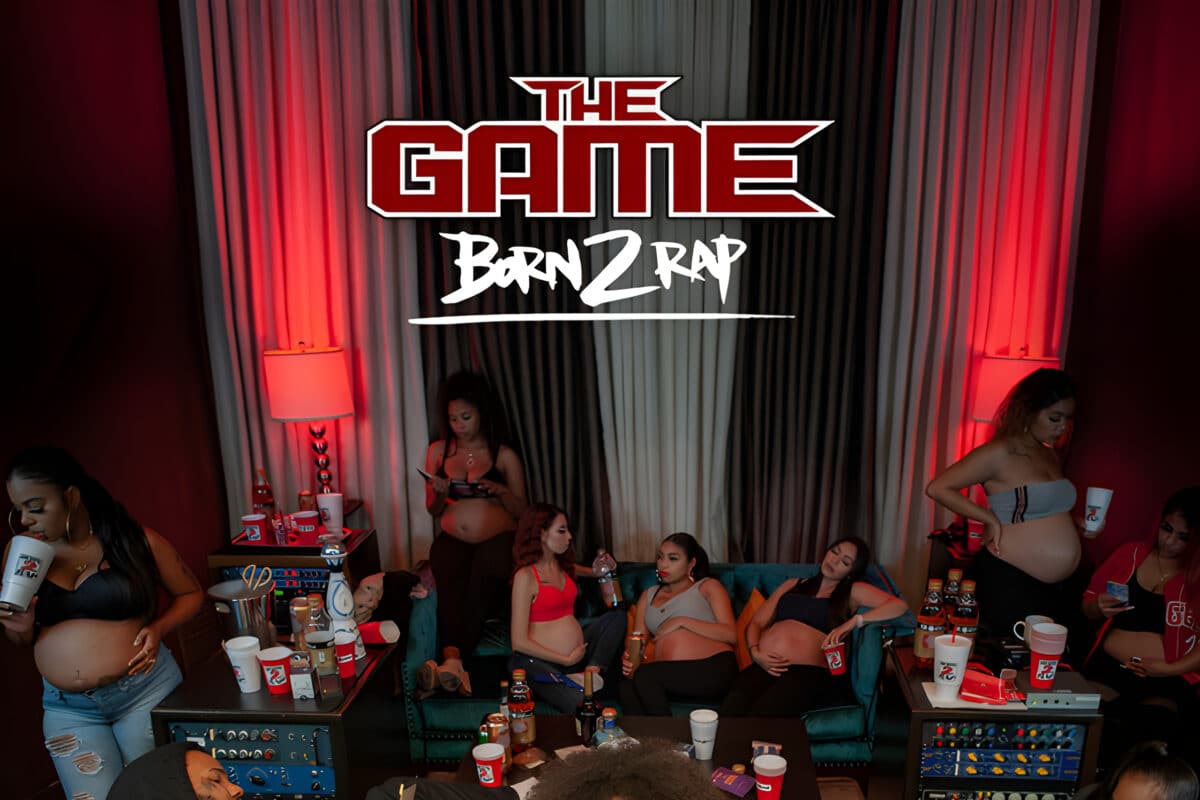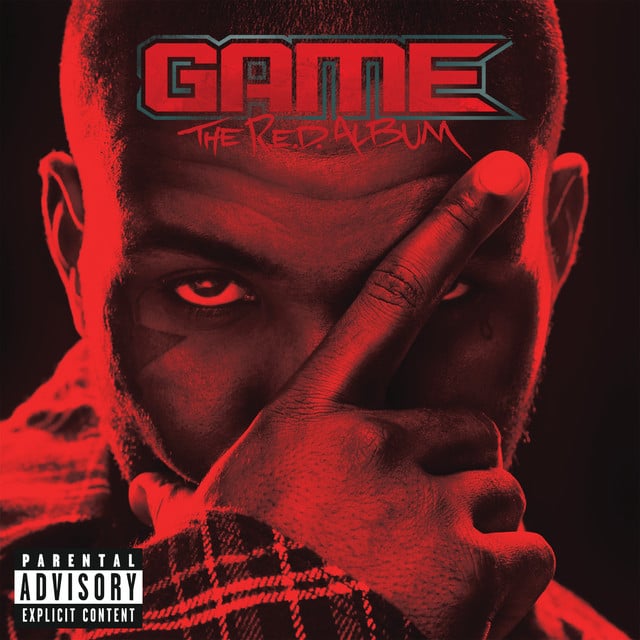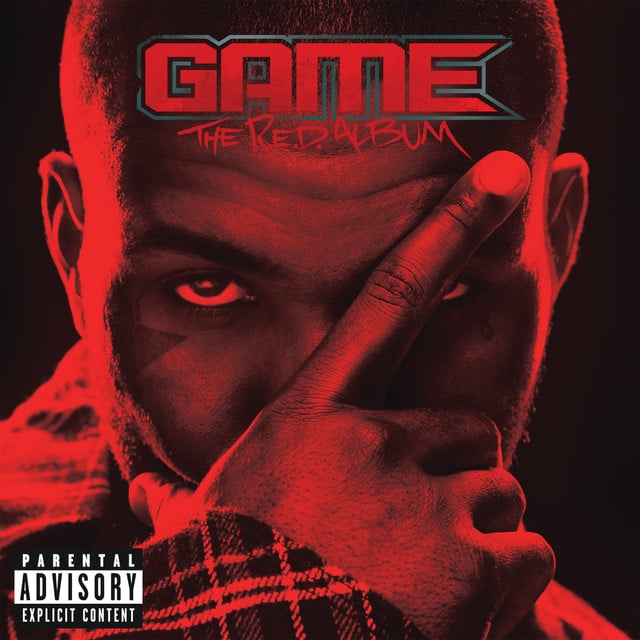Released: 2019
“Welcome Home” by The Game, featuring the late Nipsey Hussle, is a real-life narrative of breaking free from the hardships of growing up in a challenging environment and eventually making it in the rap scene. Both artists go in depth about their personal experiences, providing a sobering look at the realities of their upbringing, while also offering a sense of hope for those who might be facing similar circumstances.
The first verse drops the listener right into The Game’s daily routine, which despite his acquired wealth, still reflects the grind and hustle of his early days. I smoke my wood to the roach, like I ain’t rich, for instance, evokes an image of living as though he’s still stuck in his past financial struggles. This verse also exhibits the rapper’s loyalty to his origins – his reluctance to fully embrace the high life, and his prioritization of authenticity over “fitting in”.
When he rhymes, Welcome to my last album, Nip, time to close shop, he’s not just announcing his retirement from music, but also paying respects to his fellow artist Nipsey Hussle. The Game reinforces this sentiment across the chorus, highlighting the harsh realities that often push individuals towards illegal activities as a means of survival.
The second verse delves deeper into socio-political commentary, criticizing the ‘Make America Great Again’ slogan, and referencing police surveillance and violence. Lyrics such as And the more you know, they tappin’ your crib and Hard bottoms trump running shoes point to the systemic challenges faced by black communities. But rather than embracing victimhood, he nudges the community to stay aware and push back.
The outro veers a little from the earlier verses. Here, Nipsey Hussle takes the mic, echoing similar sentiments as The Game but with a stronger focus on the evolutionary journey. I was like, ‘Fuck rap music’, I’m gon’ rob me a bank captures his desperation, and eventual shift to music as a means of escape. He vividly paints a picture of his life before fame, the struggles, the grit, and how his passage to wealth and fame never really blunted his understanding of the streets.
Overall, “Welcome Home” is a reflective tune laden with hard-hitting rhymes and unfiltered storytelling, offering a powerful commentary on the trials, tribulations, and triumphs of growing up in the hood. It calls for vigilance, promotes resilience, and at its core, is a celebration of making it out against the odds.








